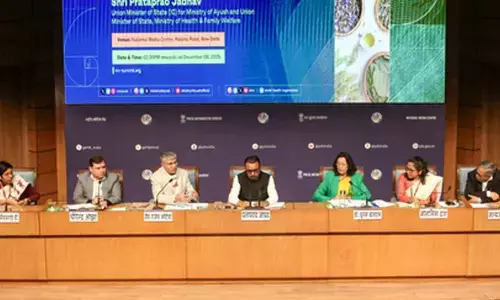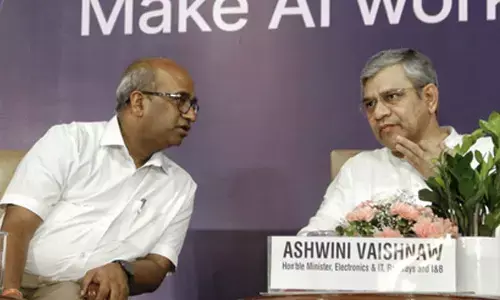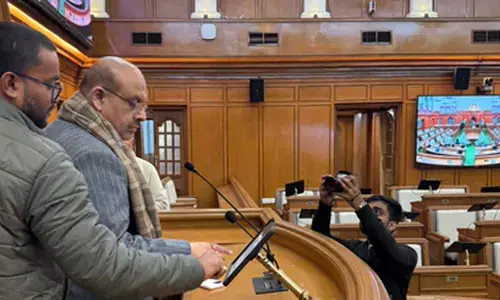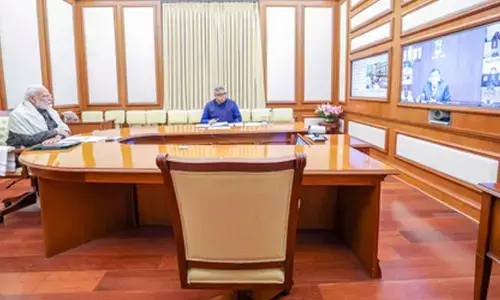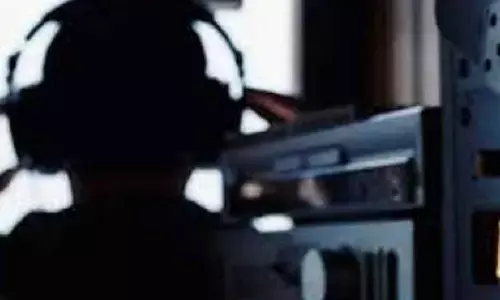Hyderabad: Staff crunch hits research & innovation in State universities
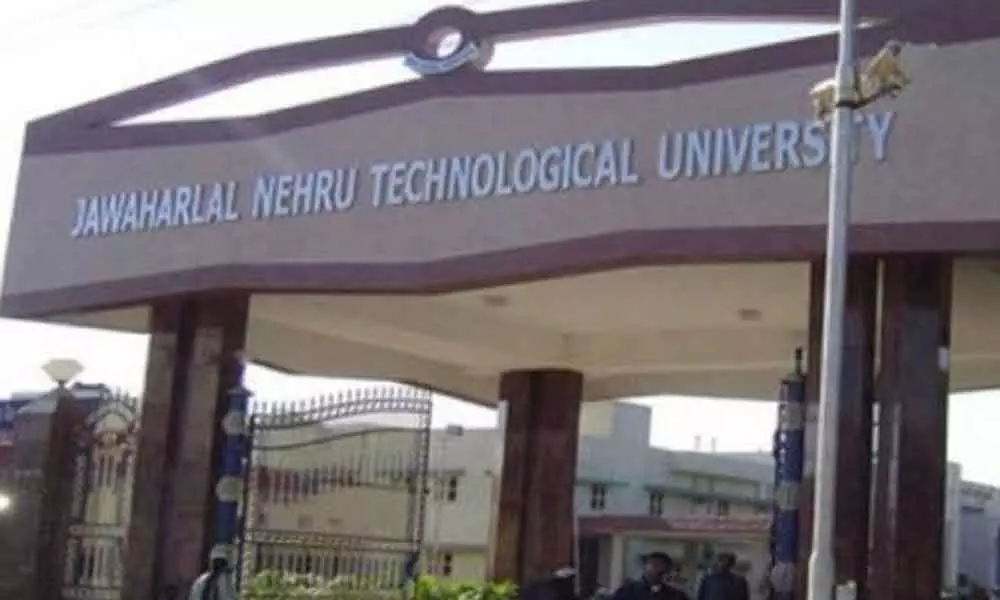
Staff crunch a toll on research culture and discourage to rope in research projects and drive innovation activities in the State universities of Telangana and Andhra Pradesh as most of the teachers are busy in completing the syllabus in time.
Hyderabad: Staff crunch a toll on research culture and discourage to rope in research projects and drive innovation activities in the State universities of Telangana and Andhra Pradesh as most of the teachers are busy in completing the syllabus in time.
According to sources, the decline in the research-focused activities started after 2006 in the united Andhra Pradesh and continued even after formation of separate Telangana State.
Speaking to The Hans India, sources in the Telangana State Higher Education Department (TSHED) and Andhra Pradesh State Higher Education Department (SPSHED) said 25 universities in both Telugu States have been waiting for the recruitment of about 2,100 faculty members for last two years.
The shortage of faculty members has been burdening the existing faculty members to take a number of classes to clear the syllabus of the courses. This makes them not to focus on research projects, drive innovation activities, act proactively related to the incubation activities.
Speaking on the state of affairs, senior official from Andhra University said, "the number of faculty members even in departments like Commerce and Management, Engineering and Pharmaceutical Sciences have come down drastically.
To evolve a research and innovation culture, the university should have full-fledged faculty members," he added. JNTU-H has its last faculty recruitment drive in 2010. It had floated a non-profit company to avail the Atal Labs programme from the NITI Aayog.
"The project was approved but the funds are yet to be released. However, it is a challenging task to implement the models followed by the Central Universities, IITs and BITs etc," said a senior faculty member of JNTUH.
However, efforts are on and 36 out of about 270 affiliated colleges to JNTU-H have started innovation centres and research centres in some other colleges, he said.
But, the whole issue boils down to lack of freedom and seeking approvals from the government to launch any new activities, to float non-profit companies, to rope in industries, to bid projects and to earn revenues.
Further, the Central universities and IITs have student-faculty ratio of 1:9, besides a good number of paid research scholars working.
They drive the culture of research and innovation along with the faculty members and resource persons from the industry" said a former VC of a State university from Telangana.
Another key element highlighted by a senior faculty member from Sri Venkateswara University, Tirupati, is excessive government and political interference in the university activities make varsities suffer while the Central universities, IITs and the like enjoy greater freedom.
This was the reason for many reform plans prepared remained on paper and in the form of reports in the State Higher Education Departments and the State Councils of Higher Education, the sources said.








